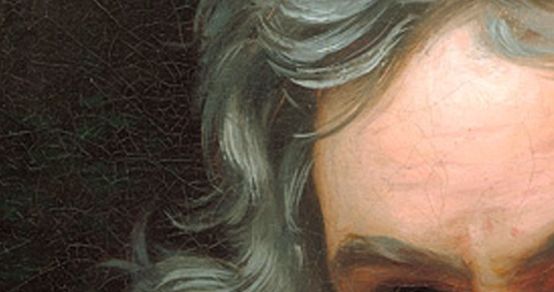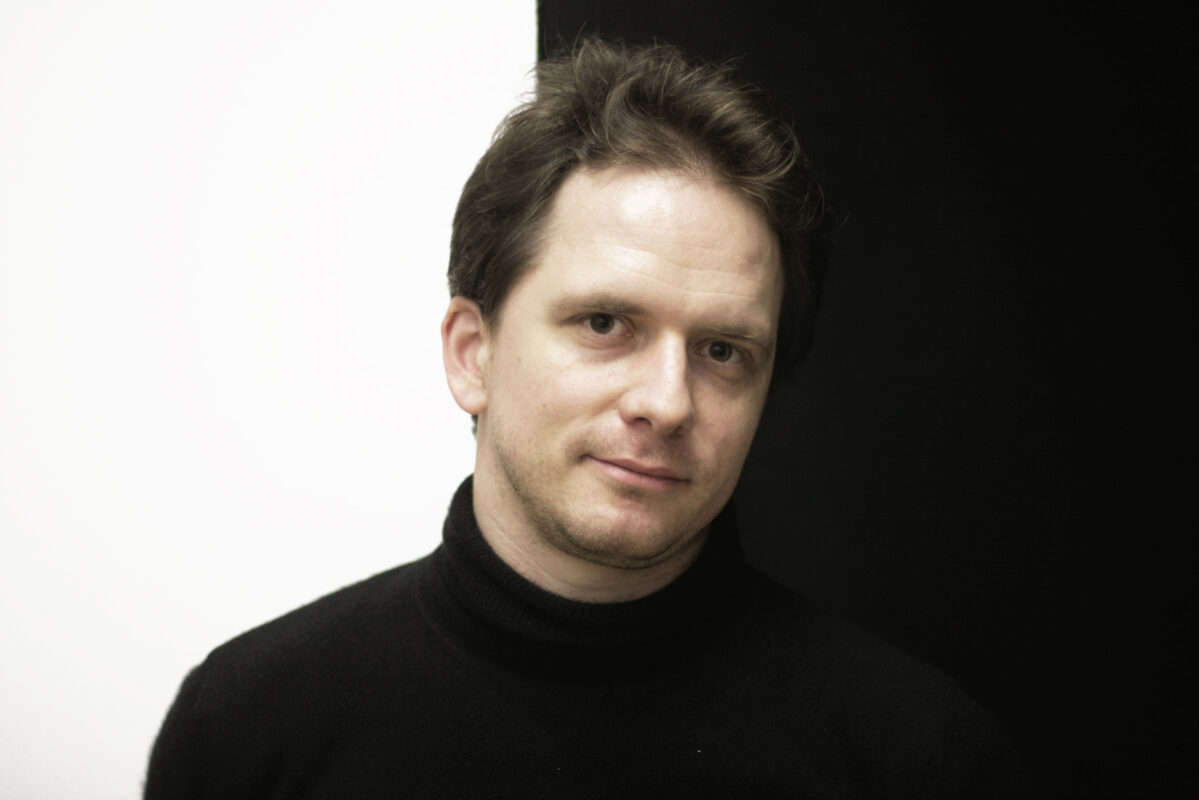Gratulationsmenuett" minuet for orchestra
Every Friday, Beethoven is here. To mark the 250th anniversary of Beethoven's birth, each week the Swiss Music Review takes a look at a different work from his catalog. Today, it's the minuet in E flat major for orchestra "Gratulationsmenuett".

Happy birthday, Ludwig! What would Beethoven say if he heard about all the concerts and festivals, congresses and conferences organized in his honor this year, 2020? He'd probably be surprised that posterity is celebrating his 250th birthday - or rather, the 250th year of his birth - in December this year. For the exact moment when little Ludwig was born remains a mystery. The only certainty is the entry in the baptismal register of the Church of St. Remi in Bonn on December 17, 1770. It is very likely that he was born the day before, on December 16; due to the high infant mortality rate in those days, most children were baptized the following day. Beethoven himself probably considered the 16th his birthday, and this date was also known in his entourage. This is clear from a letter from Johann Georg Albrechtsberger, who, on December 15, 1795, expressly congratulates Beethoven on "your birthday tomorrow" - his birthday, of course.
What's astonishing, however, is that Beethoven was long uncertain about his year of birth, and therefore his age: in his first public appearances, his father announced him as two years younger ("six" in 1778) - an indication maintained in subsequent years and still quite common in the 19th century. After Beethoven requested a copy of the baptismal register in Bonn in the spring of 1810 (his family record book had been lost), he even corrected "1770" to "1772". The error must have been resolved later; in any case, his age is correctly stated in his obituary.
However, Beethoven probably didn't hold any birthday parties: the importance attached to this day came later, when the ecclesiastical name-day was replaced by the secular birthday. That's why it's not surprising to find only one birthday work in Beethoven's music: the minuet WoO 3. It was first performed on November 3, 1822, in an ambitious open-air serenade on the eve of the birthday of Karl Friedrich Hensler (1759-1825), the director of the Josephstadt theater. The event even gave rise to an account in the Wiener allgemeine Theaterzeitung - however, with an incorrect mention of the minuet: "as soon as Mr. Hensler returned home, the entire orchestra began to play under his windows the beautiful overture by Kapellmeister Drechsler [...], followed by a very well performed flute concerto, then a very good overture by Kapellmeister Gläser, and finally a splendid symphony composed especially for this evening by Ludwig van Beethoven". The concert ended with a march and chorus from the opera Titus with a new text.
Even if this Gratulationsmenuettwritten with a light hand and first printed in 1832 under the neutral title Allegretto, is largely unknown today, even to connoisseurs, but its harmonic turns and instrumentation unequivocally reveal the master's signature.
Aufnahme auf idagio
Keeping in touch
A weekly newsletter reveals the latest column on line. You can subscribe by entering your e-mail address below, or by subscribing to our RSS feed.








